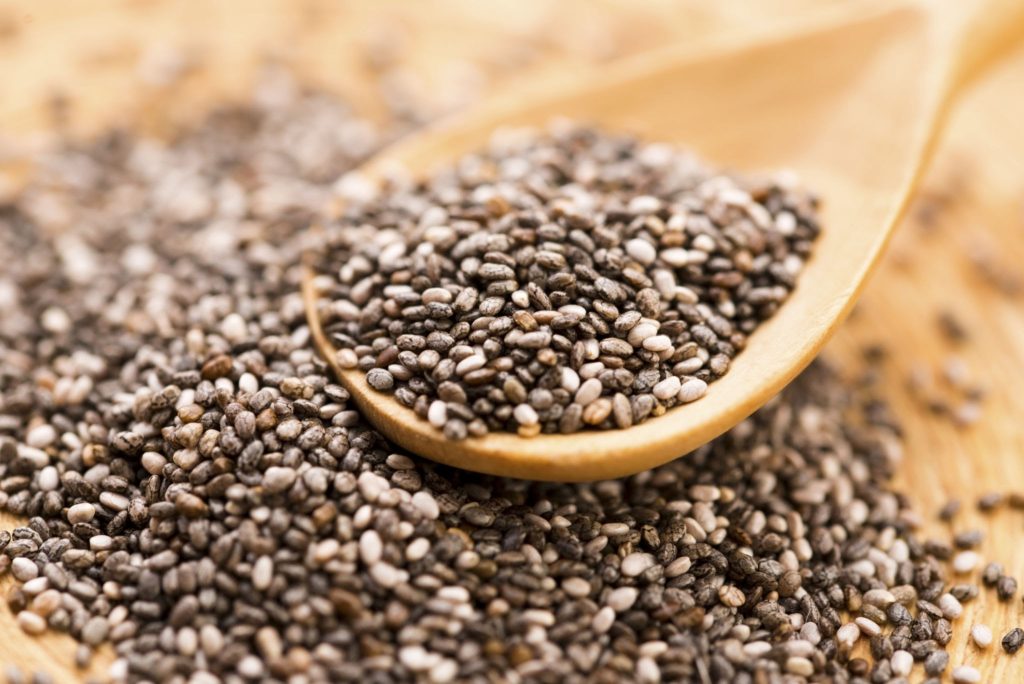Boosting Your Run: The Super Seed You Need – Chia
Running is more than just putting one foot in front of the other; it’s about fueling your body for peak performance and recovery. One tiny superfood that packs a massive nutritional punch is chia seeds. In this post, we’ll dive into how incorporating chia into your diet can benefit your running and overall health.

Nutritional Powerhouse of Chia Seeds
Chia seeds are renowned for their impressive nutritional content. These tiny seeds are loaded with omega-3 fatty acids, antioxidants, fiber, and essential minerals like magnesium, zinc, and iron. For runners, this means a powerful boost to overall health, which translates into better endurance and performance. Omega-3s, in particular, help reduce inflammation, aiding in recovery after long runs.
Additionally, the fiber in chia seeds can help promote fullness and aid in weight management, which is beneficial for runners looking to maintain a lean physique. The high fiber content also helps stabilize blood sugar levels, providing a steady release of energy during long-distance runs or intense training sessions.
Enhancing Hydration with Chia Seeds
Hydration is crucial for runners, and chia seeds have a unique property that can help enhance water absorption. When soaked, chia seeds develop a gel-like coating that slows down the conversion of carbohydrates into sugar. This means when you consume chia seeds before a run, they can help maintain hydration levels for longer periods.
To make the most out of this property, try preparing a “chia fresca” – a popular drink made by soaking chia seeds in water and adding a squeeze of lemon or lime for flavor. This refreshing beverage can serve as an excellent pre-run hydrator or a post-run replenishment that helps balance your body’s fluids.
Chia Seeds for Endurance and Energy
Incorporating chia seeds into your diet can significantly impact your energy levels and endurance. The combination of high-quality protein, fats, and carbohydrates in chia seeds provides a balanced source of energy, unlike the short bursts provided by high-sugar snacks. For long-distance runners, this means sustained energy that helps maintain pace and endurance throughout races or long training sessions.
Try adding chia seeds to your morning oatmeal or smoothies for an early energy boost. Alternatively, making chia-based energy bars with nuts, dried fruit, and honey can provide a portable and convenient energy source during long runs.
Recovery Benefits of Chia Seeds
Post-run recovery is just as important as the run itself, and chia seeds excel in this area too. The protein content in chia seeds helps repair muscles, while the antioxidants fight inflammation caused by muscle exertion. This makes chia an excellent food for recovery meals, helping you bounce back faster and with less soreness.
A great way to include chia in your recovery plan is by adding them to your post-run smoothies or yogurt. This not only helps in muscle repair but also provides essential nutrients to replenish those lost during exercise.
Boosting Your Run: The Super Seed You Need – Chia Read More »

